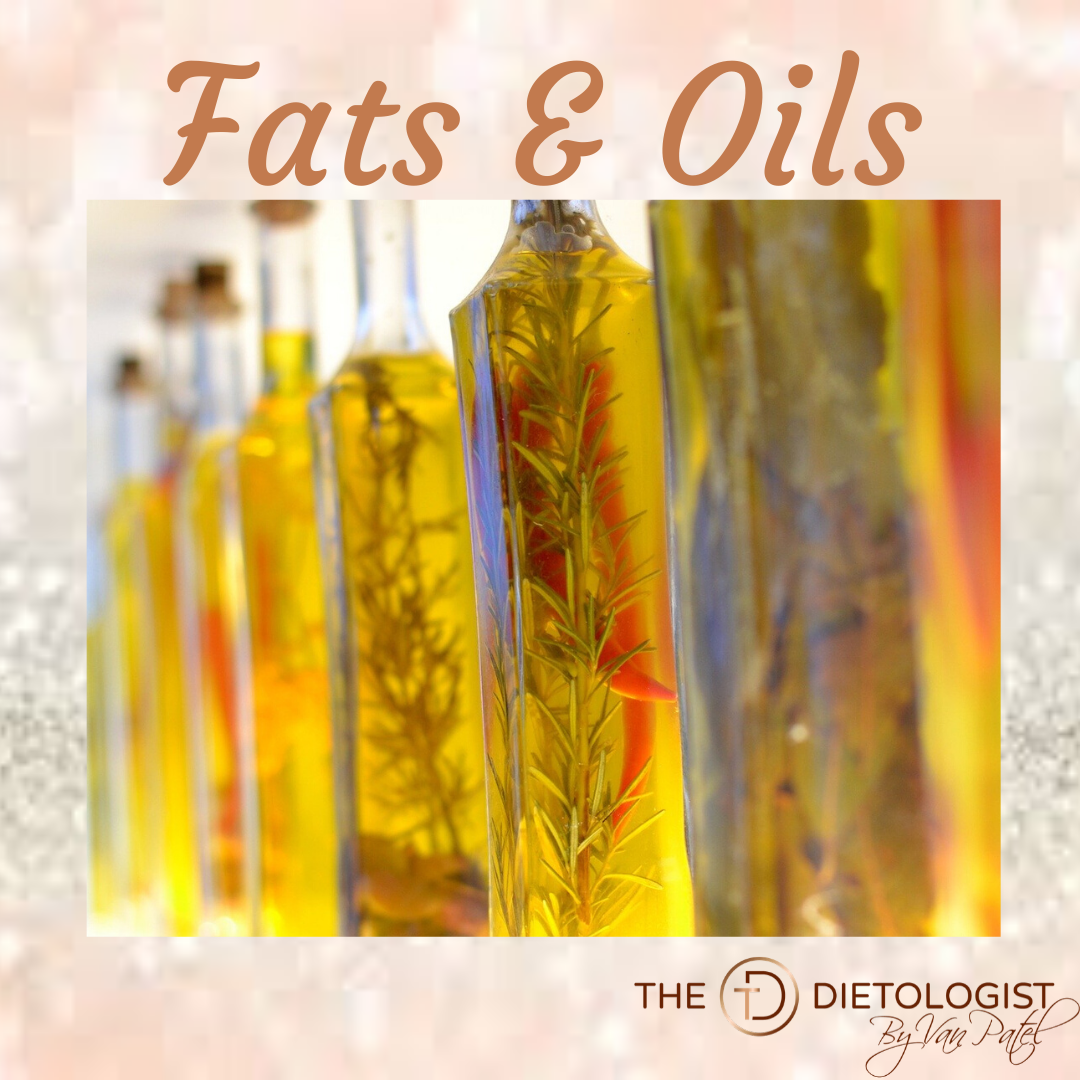Fats
Day 5 - Fats & Oils
GET YOUR BARIATRIC MEAL PLAN HERE
- Saturated fats
- Unsaturated fats

Surgery is a powerful tool, but it isn’t magic. Without the right nutrition, mindset, and habits, results can slow down or even reverse. The toolkits give you the step-by-step guidance to achieve long-term success.
Absolutely! We’ve had clients from all over the world like the USA, Australia, New Zealand, Europe, India, South Africa, Brazil, and many more countries use my Toolkits and see incredible results. All you need is a phone/laptop and an internet connection, and you’re good to go!
You could, but how much time have you already spent trying? This toolkit shortcuts your trial-and-error and fast-tracks results.
Your surgeon has done the surgical part and created a tool, but real transformation happens in daily life. The toolkits provide meal ideas, strategies, and emotional support your hospital aftercare rarely covers.
No, many women experience stalls, regain, or old habits creeping back in if they don't have the right support. These toolkits help you stay on track, reset when needed, and build habits that last a lifetime.
0–6 Weeks Toolkit: If you’re thinking about WLS or in the first few weeks post-op and feel unsure about what to eat or how to heal.
6 Weeks & Beyond Toolkit: Perfect if you’re progressing to solids and need structure, meal ideas, and ongoing support about how to work with your WLS.
Stalls & Regain Toolkit: If the scale has stopped moving or you’ve regained weight, this reset toolkit will kickstart your progress again.Yes you'll need the emotional eating toolkit too!
Emotional Eating Toolkit: THIS IS FOR EVERYONE because WLS doesn't change your habits! Because you'll notice old habits, stress, or emotions leading you back to food once the honeymoon phase is over!
Not necessarily, you can start with the one that matches your current stage or challenge. Many women find value in more than one as they move through their journey so if you've just had WLS it's worth investing in the 0-6wks, 6wks & Beyond & Emotional Eating Toolkit.
Yes, as you'll notice that your old habits and urges do return once the honeymoon periods wares off leading to regain. If you’ve ever turned to food for comfort, struggled with cravings, or felt guilty after eating, then yes this toolkit will help you break that cycle and feel back in control.
Yes and the results speak for themselves! Think of the toolkit as your personal roadmap after surgery. It saves you time, stress, and guesswork, while helping you protect your results and avoid common pitfalls.
Yes! The toolkits are designed to be simple, supportive, and practical. Everything is laid out clearly on our platform, with step-by-step video guidance so you never feel overwhelmed.
You get lifetime access once you download it. That means you can revisit the videos & resources anytime, whether you’re starting or resetting.
Due to the instant-access nature of the PDF digital downloads and informative videos, and the fact you get the entire toolkit upfront, we do not offer refunds. However we’re confident you’ll love the value inside as it's been created alongside my 1:1 clients and 33yrs experience.
Most videos are short (under 5 minutes), with a few longer ones (10–12 minutes). You can watch at your own pace and revisit them anytime.